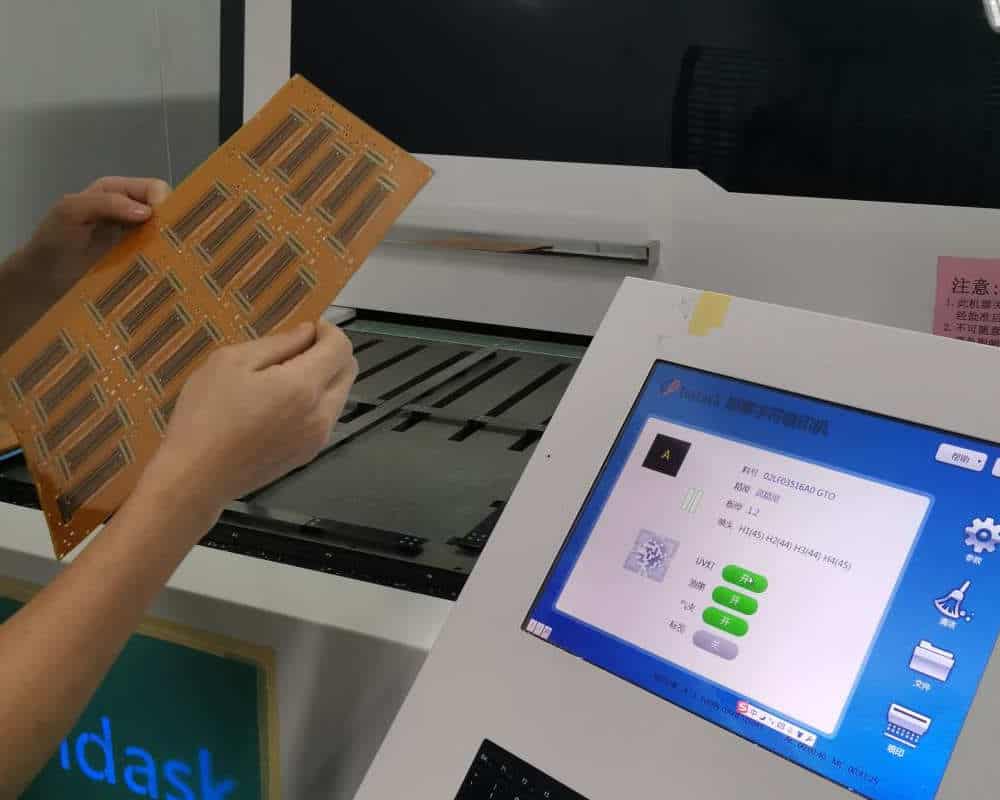
ALL ABOUT FLEX PCB
-
What is silkscreen on PCB?
Posted by
–
 Read more: What is silkscreen on PCB?
Read more: What is silkscreen on PCB?Introduction Silkscreen, also known as the solder mask, is a thin layer of epoxy or other material applied on top of a printed circuit board (PCB) to protect the copper traces from oxidation and prevent solder bridges from forming between closely spaced pads during assembly. The solder mask defines the […]
-
What Is the Difference Between PCBA and PCB?
Posted by
–
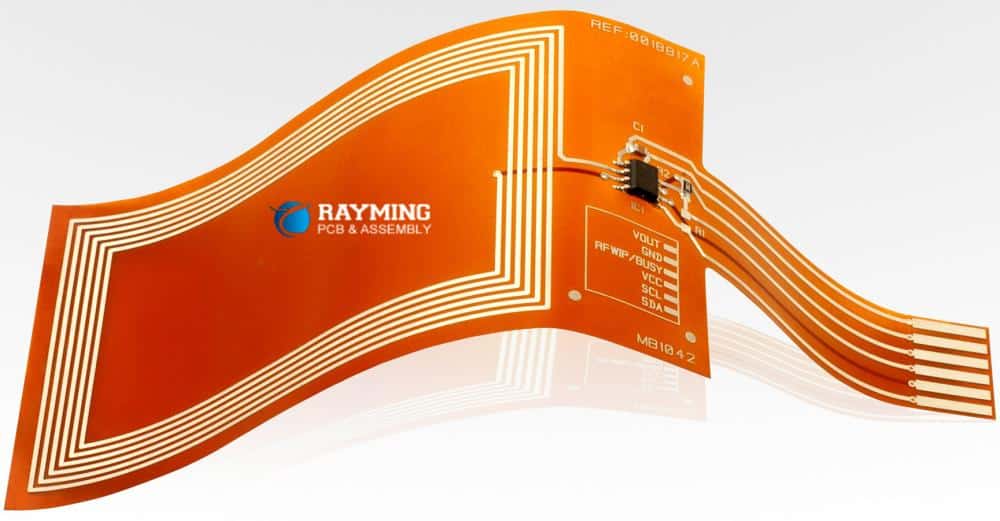 Read more: What Is the Difference Between PCBA and PCB?
Read more: What Is the Difference Between PCBA and PCB?Printed circuit boards (PCBs) and printed circuit board assemblies (PCBAs) are crucial components in electronics, but the terms are sometimes used incorrectly. Understanding the distinction between PCB and PCBA aids communication across product design and manufacturing. This article clarifies the unique meanings to distinguish bare boards from assembled boards containing […]
-
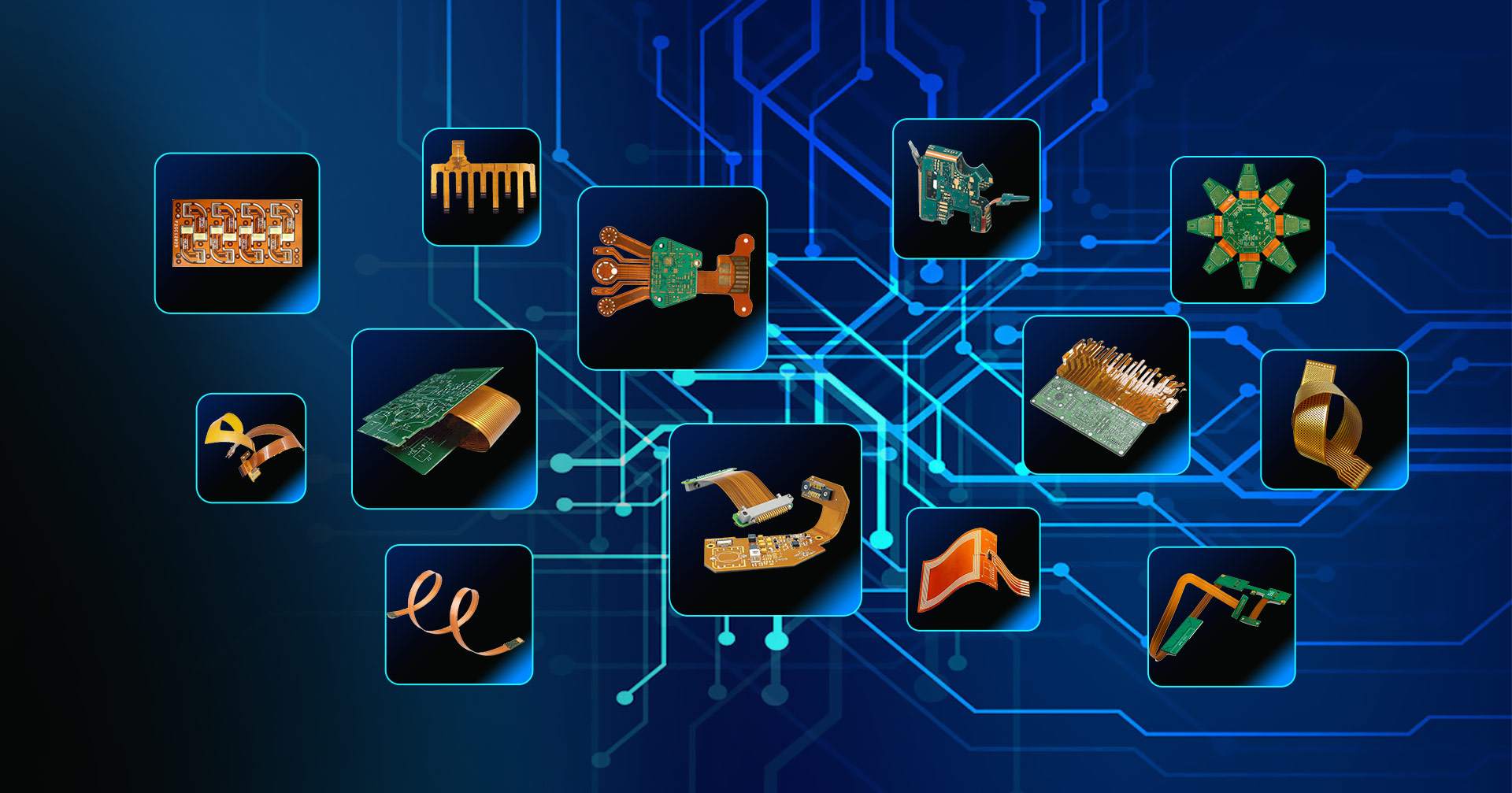 Read more: Why Choose RayMing Assembly Service for Your PCB Requirements?
Read more: Why Choose RayMing Assembly Service for Your PCB Requirements?Introduction Printed circuit boards (PCBs) serve as the core foundation of electronics, providing the interconnects between components. While PCB fabrication involves transforming base laminates into etched circuitry, PCB assembly integrates the components and soldering to turn that bare board into a functional printed circuit assembly (PCA). For any electronic device […]
-
What are Standard PCB Thicknesses?
Posted by
–
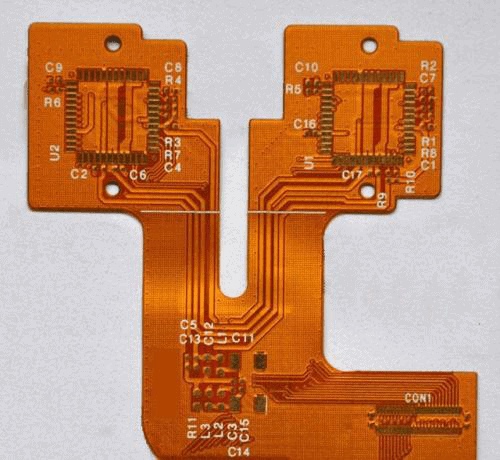 Read more: What are Standard PCB Thicknesses?
Read more: What are Standard PCB Thicknesses?Printed circuit boards (PCBs) provide the foundation for electronics packaging and component assembly. PCB thickness is a critical design parameter impacting manufacturing capabilities, utilization, and reliability. Selecting suitable laminate thicknesses requires understanding industry conventions, constraints, and use case tradeoffs. This article explores common PCB substrate thicknesses across typical applications along […]
-
Are Printed Circuit Boards Made in the USA?
Posted by
–
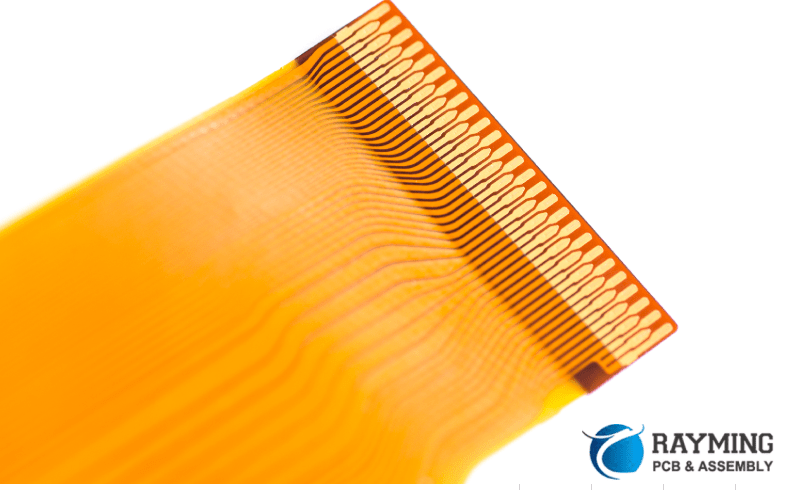 Read more: Are Printed Circuit Boards Made in the USA?
Read more: Are Printed Circuit Boards Made in the USA?The United States was once home to a thriving printed circuit board (PCB) manufacturing industry. However, like many electronics sectors, economic factors led to extensive offshoring of production to Asia from the 1990s onwards. This article examines whether any PCB fabrication still exists on American soil. The Rise and Fall […]
-
What is a PCB Designer?
Posted by
–
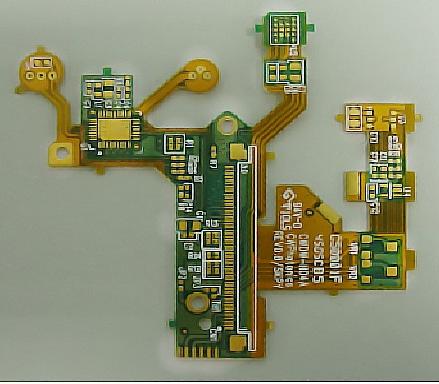 Read more: What is a PCB Designer?
Read more: What is a PCB Designer?A PCB (printed circuit board) designer is a professional who specializes in the layout, routing and documentation of printed circuit boards using electronic design automation (EDA) software tools. They translate the logical electronic functionality envisioned by engineers into physical board constructions that serve as the foundation of electronic products and […]
-
What is PCB prototyping?
Posted by
–
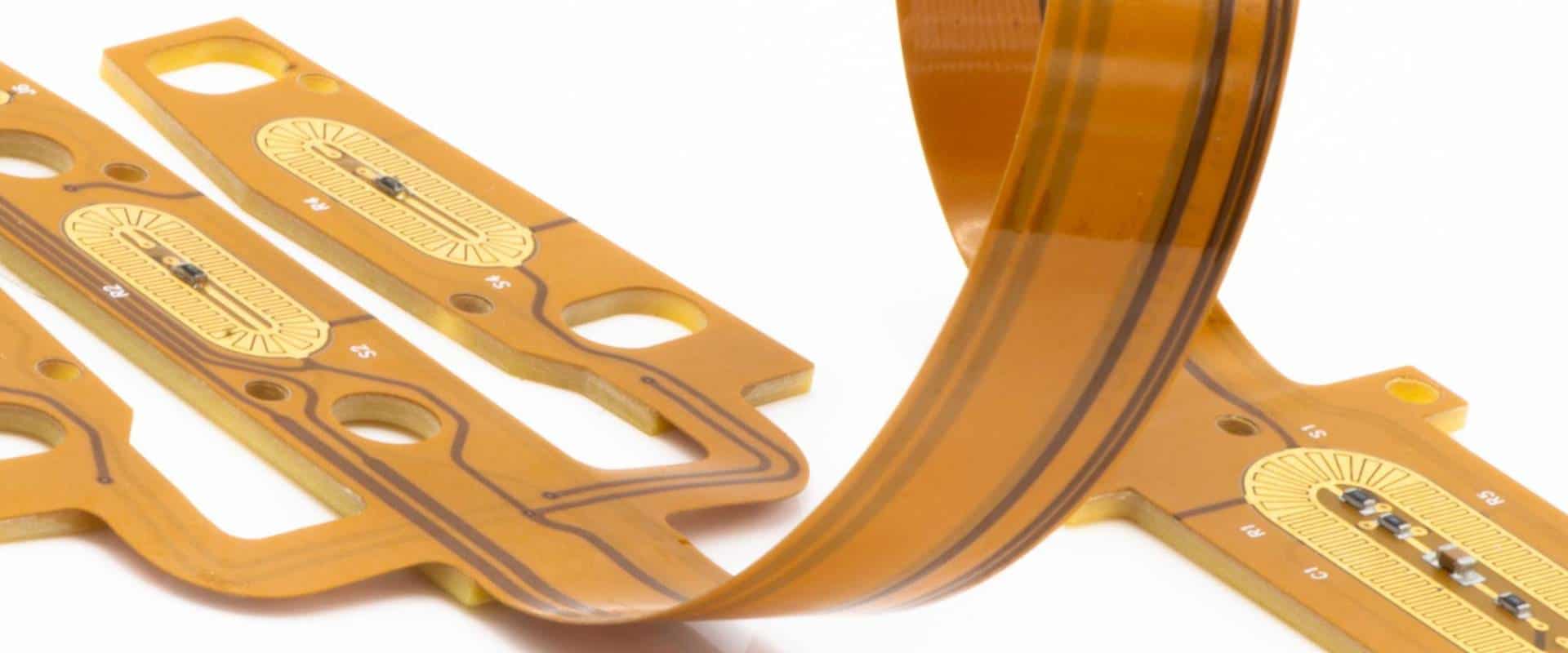 Read more: What is PCB prototyping?
Read more: What is PCB prototyping?PCB (printed circuit board) prototyping is the process of designing, testing and manufacturing a preliminary version of a printed circuit board before full-scale production. Prototyping allows designers and engineers to evaluate the functionality, performance and manufacturability of a PCB design before committing to mass production. Why Prototype Your PCB? There […]
-
What material is PCB made of?
Posted by
–
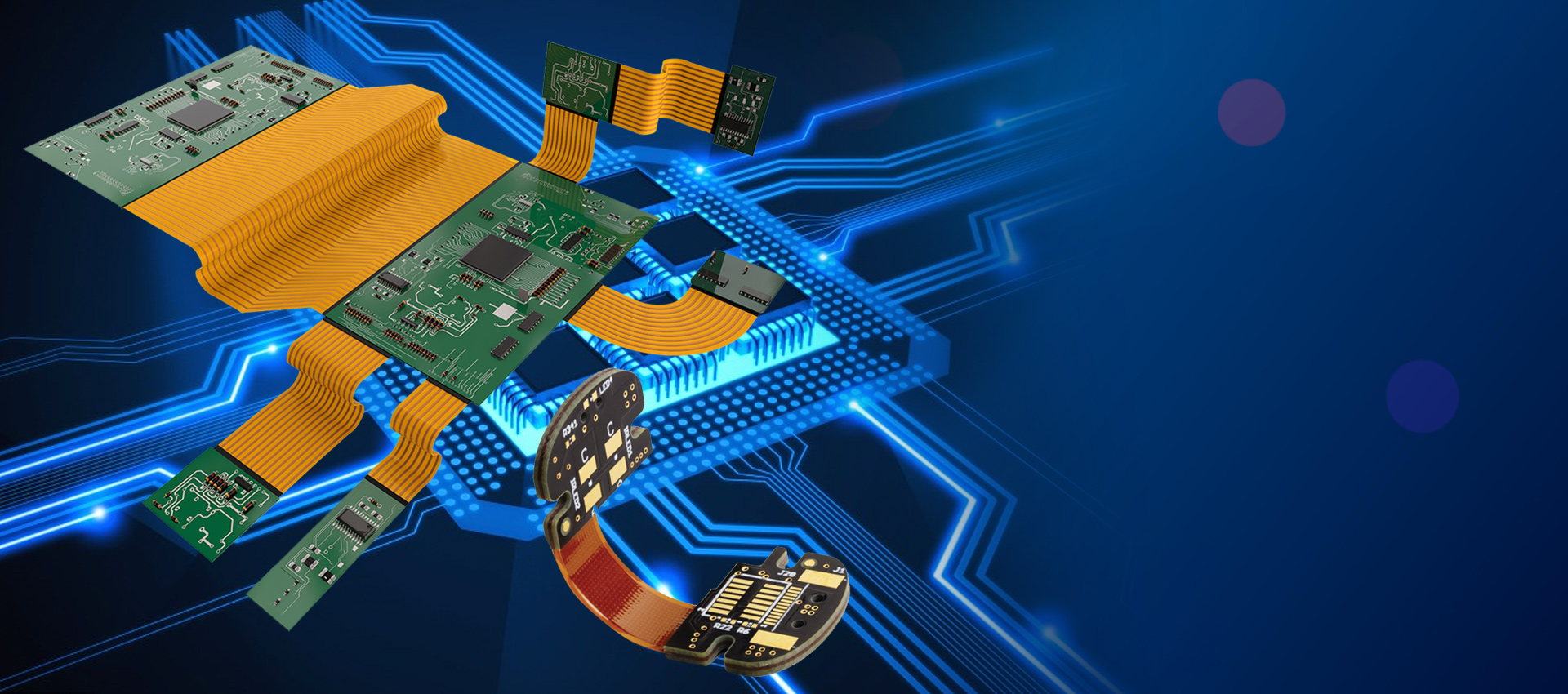 Read more: What material is PCB made of?
Read more: What material is PCB made of?Introduction to PCBs A printed circuit board (PCB) is the board base for physically supporting and wiring the surface-mounted and socketed components in most electronics. PCBs provide mechanical support and electrical connectivity, and help connect components together with conductive copper pathways, or traces. They are essential to the functioning of […]
-
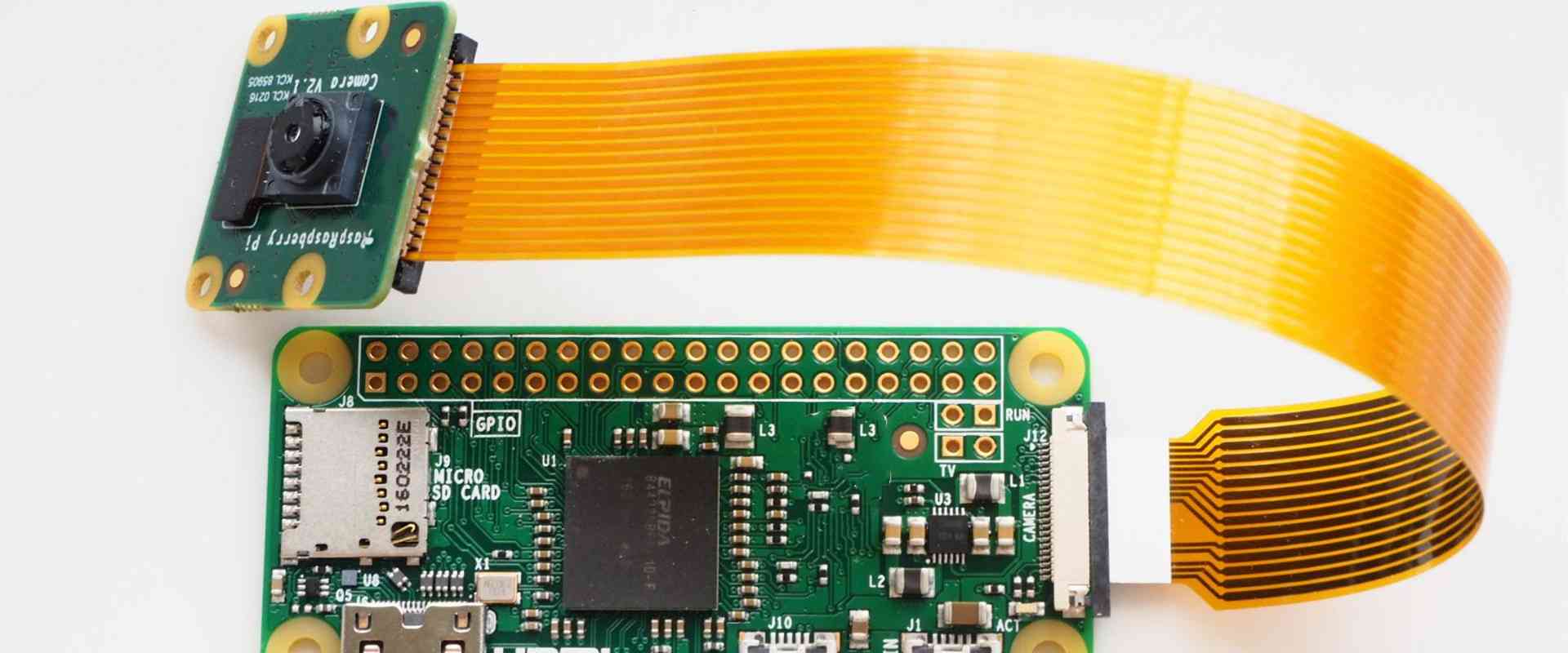 Read more: In-Circuit Testing and 6 Other PCB Testing Methods
Read more: In-Circuit Testing and 6 Other PCB Testing MethodsPrinted circuit boards (PCBs) are integral components of most modern electronic devices. Ensuring PCBs function correctly is critical before deploying them into products. There are several testing methodologies that help validate PCB assembly and performance. This article explores the top PCB testing techniques. What is PCB Testing? PCB testing refers […]
-
What is flex rigid PCB?
Posted by
–
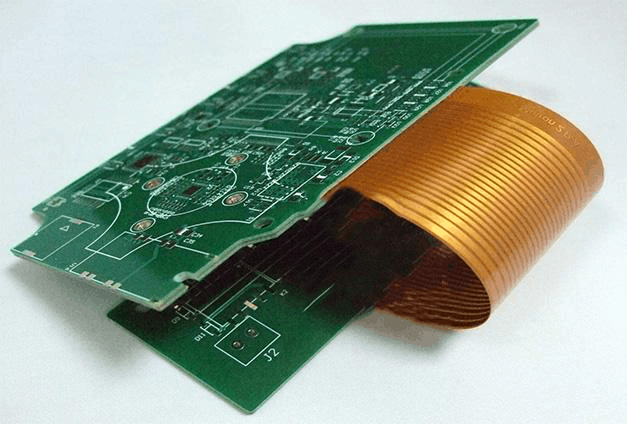 Read more: What is flex rigid PCB?
Read more: What is flex rigid PCB?Introduction to flex rigid PCBs A flex rigid PCB, also known as a rigid flex PCB or flex-rigid PCB, is a printed circuit board that consists of flexible and rigid substrates laminated together. This allows the PCB to bend and flex in certain areas while maintaining rigidity in others. Flex […]




